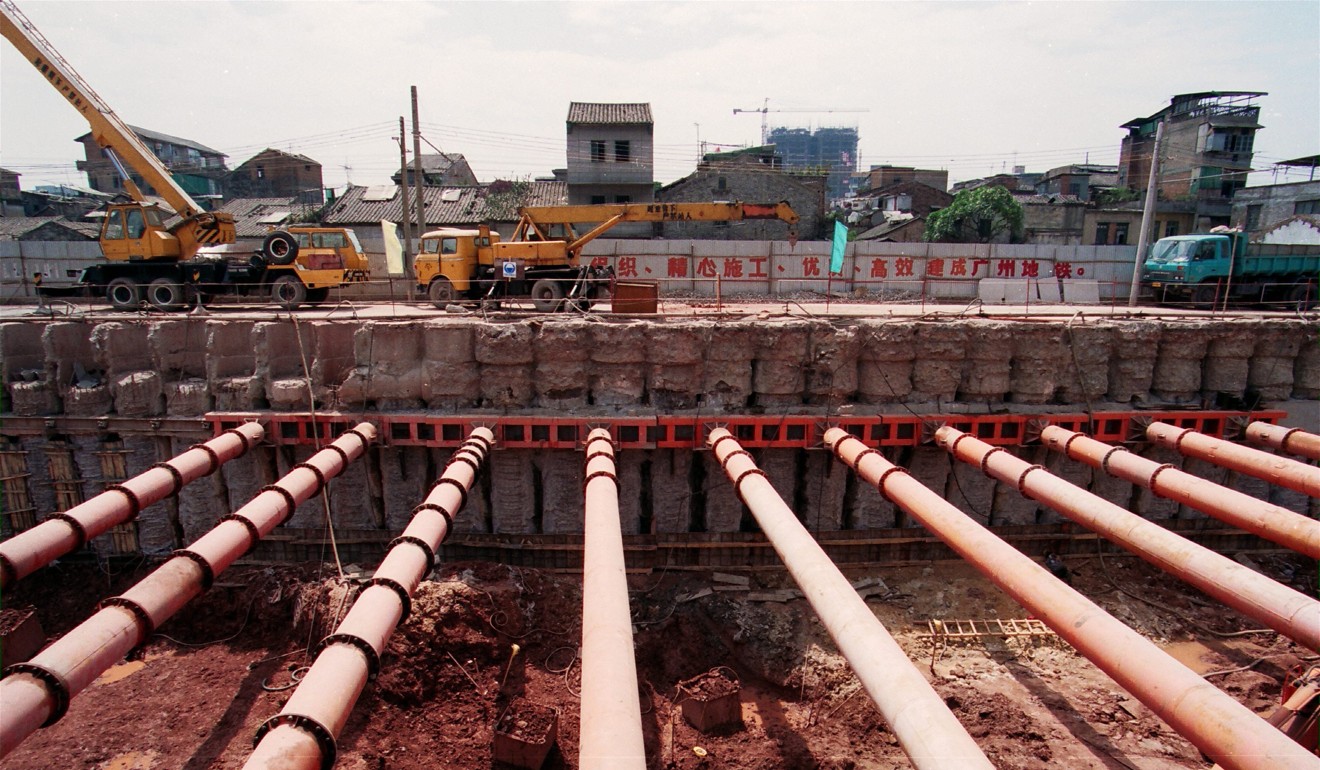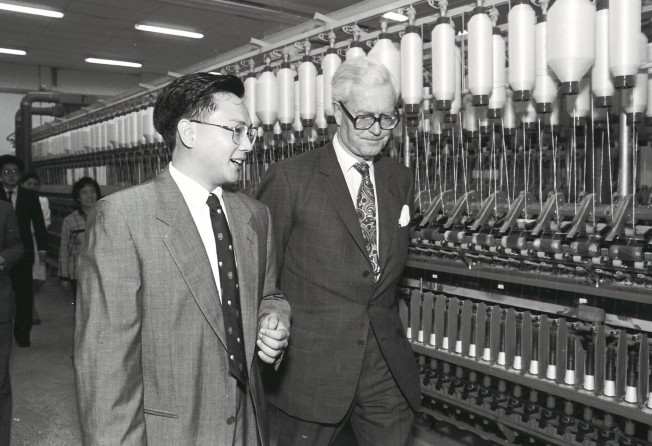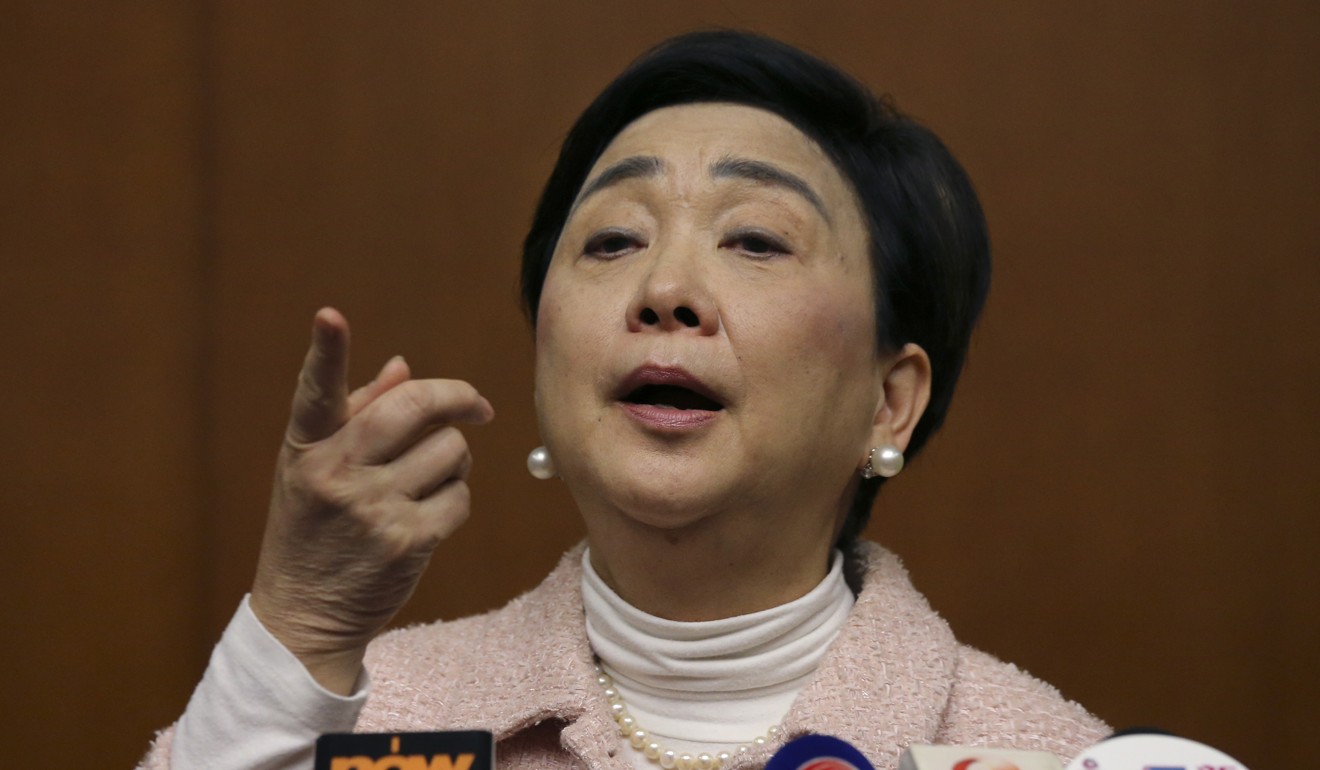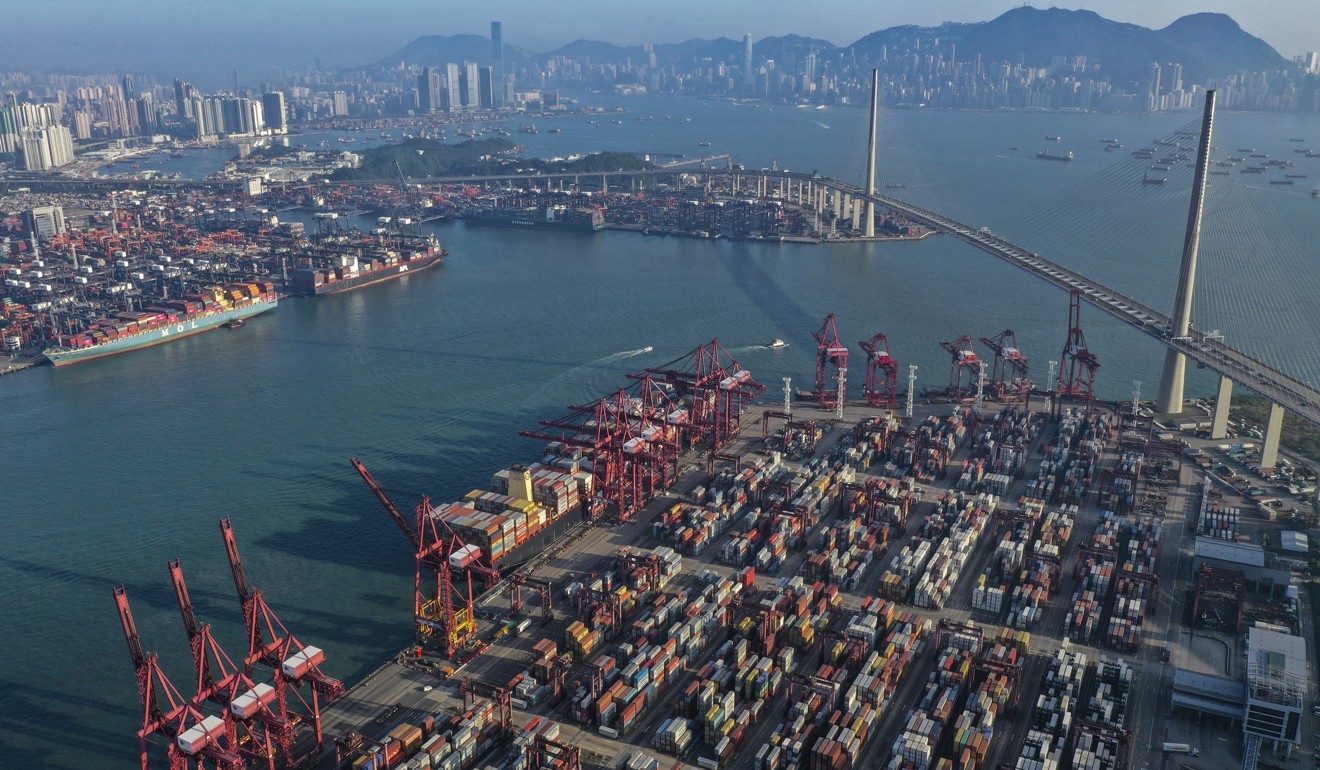
British tried to ‘ring-fence’ Hong Kong problem and concentrate on commercial interests in China after 1993 electoral reform talks soured, records reveal
- Newly declassified files show officials did not want business affected by political tussle over reform package

The British government decided to “ring-fence” the Hong Kong problem and divert its energy to secure commercial interests in China soon after talks on the city’s pre-1997 democratic reform collapsed, newly released files have revealed.
The confidential records, declassified by Britain’s National Archives this week for public inspection, shed light on London’s expedient approach to China in wake of the breakdown of negotiations over Hong Kong’s constitutional future.
From April to November 1993, diplomats from the Chinese and British governments held 17 rounds of talks over governor Chris Patten’s electoral reform package, which would give more than a million electors a vote in nine new functional constituencies.
The controversial proposal angered Beijing, which argued that it breached the Basic Law – the city’s mini-constitution – and Sino-British agreements. The negotiations broke down in November 1993.
While London reiterated its full commitment to defend Hong Kong’s interests, little was said in public of its anxieties about the situation in the city hurting its business.
A batch of files from the Prime Minister’s Office dated November 4, 1993 revealed that British trade officials were making a last-ditch effort to persuade the foreign secretary to bid on the Canton Metro in Guangdong province, three weeks before the Sino-British talks were cut off.
“You made clear that you did not agree with the approach that we should not be prepared to trade with China simply because of the difficulties they were causing over Hong Kong,” wrote then secretary of state for trade and industry Michael Heseltine in a letter to then foreign secretary Douglas Hurd.

Heseltine urged Hurd to approve aid finance for a UK consortium to compete with Germany for the railway project worth £4 billion in business, saying it could “prove crucial to the prospects of our metro/light rail companies in China over the next decade”.
In the trade secretary’s view, investments should be made regardless of the political tussle, and he used Hong Kong to talk Hurd into giving the green light.
“It is also worth noting that the Canton Metro will be in Guangzhou (sic) province which is adjacent to Hong Kong,” he wrote. “I think it would be a helpful signal of continuing British commitment to that part of the world for us to win such a major project.”
In his reply, Hurd told the trade minister that if he was ready to give priority to the project, “I would be reluctantly content to go along with a matching offer [to Germany’s]” despite pressures on the aid finance programme.
Eventually, Anglo-French transport firm GEC-Alsthom lost the bid to German engineering company Siemens despite proposing a lower price, a defeat widely seen as a political decision linked to the dispute over Hong Kong’s reforms.
Three months later, then British prime minister John Major and his cabinet were briefed on the progress of Hong Kong’s electoral reform by Hurd, again affirming the business-first approach.

According to a declassified cabinet file dated February 24, 1994, Hurd said, while noting that Beijing “would react badly” when Patten’s proposal was published later in the day, “the Foreign and Commonwealth Secretary hoped that the trough had now been reached in the deterioration of relations with China; and the aim would be to ring-fence the issue of Hong Kong, albeit not to resolve it, and to proceed with commercial and other business”.
Former Democratic Party chairwoman Emily Lau Wai-hing said the declassified records showed how the British officials were “duplicitous bastards”.
“It’s not surprising the UK was looking after its national interest,” she said. “But of course they would never say such things in public – they should have given top priority to finding solutions to our problems.”
Denis Chang Khen-lee, who was a member of the city’s Executive Council from 1992 to 1997, said he found nothing surprising about the British wishing to separate their commercial interests from the debate over political reform in Hong Kong.
“Nor would I be surprised to know that the attempt to 'ring-fence' the political squabbles had not proved entirely successful. It takes two to tango, and tango is a dance with complicated steps and twists and turns,” Chang said.

The British officials made an assessment a month after that cabinet meeting. While noting then Chinese Vice-Premier Li Lanqing’s assurance of non-discrimination against British businesses, Hurd’s private secretary J.S. Smith reminded the prime minister’s private secretary in a letter: “We remain concerned, however, about reports that some may be affected by an atmosphere in which, without official instructions, Chinese officials play safe by not favouring UK firms.”
The British would see their fears confirmed in 1996, when Beijing refused to let a consortium led by UK firm Jardines take two berths in Hong Kong’s new Container Terminal 9. The strategic port facility was awarded to a local consortium. Instead, Jardines was given two berths in the older Terminal 8.
Additional reporting by Gary Cheung